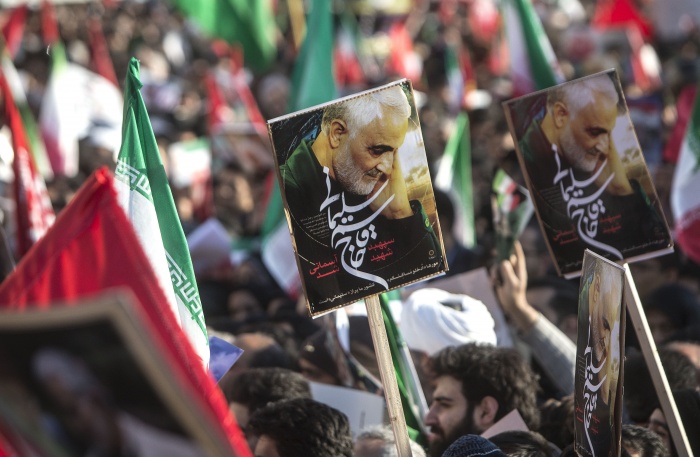
Foreign Office tightens travel advice to Middle East
The British Foreign & Commonwealth Office has issued a warning to travellers considering visiting the Middle East.
Following the killing of Iranian general Qasem Soleimani by United States forces, security in the region has seen a sharp deterioration.
The situation “could worsen with little warning” amid growing tensions between Iran and the west, the Foreign Office said.
The organisation is currently advising against all travel to Iraq, except essential travel to the Kurdistan region of the country.
Brits are also advised against all but essential travel to Iran.
Any Britons in either Iran or Iraq are urged to “consider carefully” their need to remain.
“If your continued presence is not essential, you should consider leaving,” the Foreign Office said in a statement.
Travel advice to Turkey, Egypt, the United Arab Emirates, Jordan, Qatar, Oman, Kuwait and Saudi Arabia has also been amended to warn about increased risks.
“The incident has led to increased tensions in the region,” said the Foreign Office.
ADVERTISEMENT
“There is a possibility of an increased threat against western interests and the security situation could worsen with little warning.”
Iran has vowed revenge for the death of Qasem Soleimani and has rolled back on its commitments to a 2015 deal limiting its nuclear capabilities.
Commenting on the current security environment in the Middle East, Sally Llewellyn, regional security director for Europe, Middle East and Africa at International SOS, said: “Following the assassination of Soleimani, it is difficult to predict the exact timeframe and location of a response, but a notable retaliation is highly likely.”
She added: “Certain locations will see a higher risk of retaliation, namely, those with Iran-aligned forces active in them, such as Iraq, Lebanon and Syria.
“Travellers must ensure passports and visas are on hand, and maintain essential provisions in accommodation and workplace to support a stand-fast period of at least one week if needed.
“The most likely arena for an immediate response will be in Iraq, such as in the form of attacks against US military and diplomatic interests by Iran-backed entities.
“Precedent suggests that Iran is likely to adopt a measured response and that stops short of a formal act of war.
“This may include cells of militants linked to Iran and is not a threat that is confined to the Middle East.”
Image: Ahmad Halabisaz/Xinhua News Agency/PA Images

